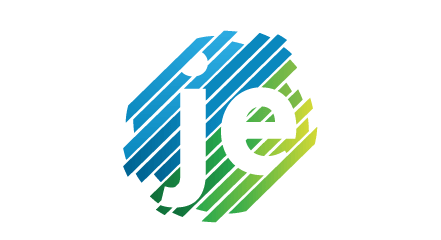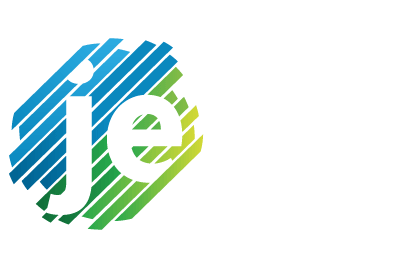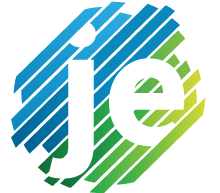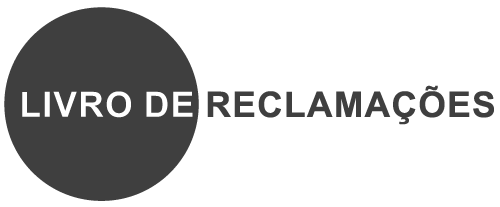The DAC 7 is the seventh directive on administrative cooperation in the field of taxation and sets out objective measures obliging digital platforms to report information on sales made by their users to the tax authorities of the Member States.
With the entry of online transactions, it has become increasingly difficult for tax authorities to track the flow of goods and services.
In this sense, DAC 7 (Directive on Administrative Cooperation) prevents tax fraud and evasion by providing relevant information by digital platform operators to tax authorities.
Who is obliged to make this communication?
According to DAC7, the new reporting obligations fall on operators of digital platforms such as Marketplaces and online stores.*They must report relevant operations of their users, including sales, property rentals, service provision,or rental of any means of transport carried out in any Member State of the EU.
* Examples of the most used marketplaces and online stores in Portugal:
Worten, Amazon, Woocomerce, Shopify, Booking, WordPress, Fnac, Booking, Vinted, Kuantokusta, Elcorteingles, Ebay, AliExpress, Alibaba, Wish, Farfetch, Swappie, Dott, OLX, Wook, LaRedoute, TripAdvisor, Airbnb, Glovo, UberEats, Uber, Custojusto, Facebook Marketplace, Decathlon, Etsy, Gearbest, Showroomprive, entre outros.
What information is reported?
If you make sales through a Marketplace or an online store, you should check that the following elements are correctly communicated on the platform:
| Pessoas Singulares | Entidades |
|---|---|
| Name and Surname | Company name |
| Address | Address |
| NIF (absentee the seller's place of birth) | NIF |
| Member State | Número de registo comercial |
| VAT identification number (if available) | VAT identification number (if available) |
| Date of birth | Existence of permanent establishments |
| Financial account into which the good or service was paid | Financial account into which the good or service was paid |
| Amount Paid in each quarter | Amount Paid in each quarter |
| Fees or commissions applied to the transaction | Fees or commissions applied to the transaction |
In the case of rented properties, this will also be requested:
- address of each property advertised
- matric article of each property advertised
- if you are an entity with more than 2,000 leases: documents, data or information will be collected to prove that these properties belong to the same owner.
What are the penalties for non-compliance with DAC7?
Failure to submit, or submitting the registration declaration after the legal deadline, to the tax administration, will result in a fine ranging from €500 to €22,500.
If the Seller does not provide the necessary information to the Platform Operator after two warnings and 60 days from the initial request, the Platform Operator has the right to close the Seller's account and prevent the Seller from re-registering.
When did DAC7 come into force?
DAC7 entered into force on 1 January 2023The first DAC7 report was presented on 31 January 2024.
If a seller registered on the platform on January 1 2024, they will have until January 31 of the following year, in this case 2024, to comply with the obligations.







